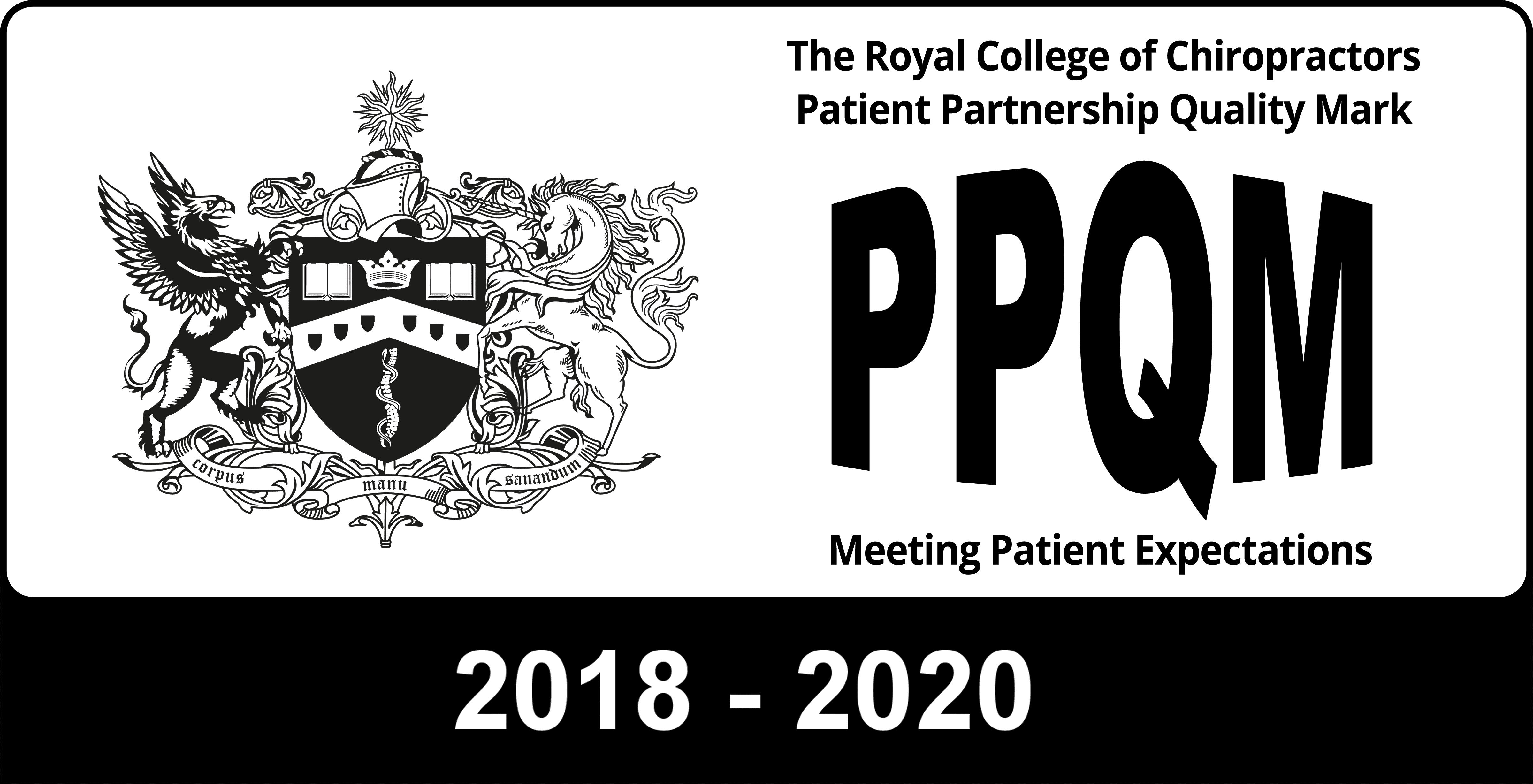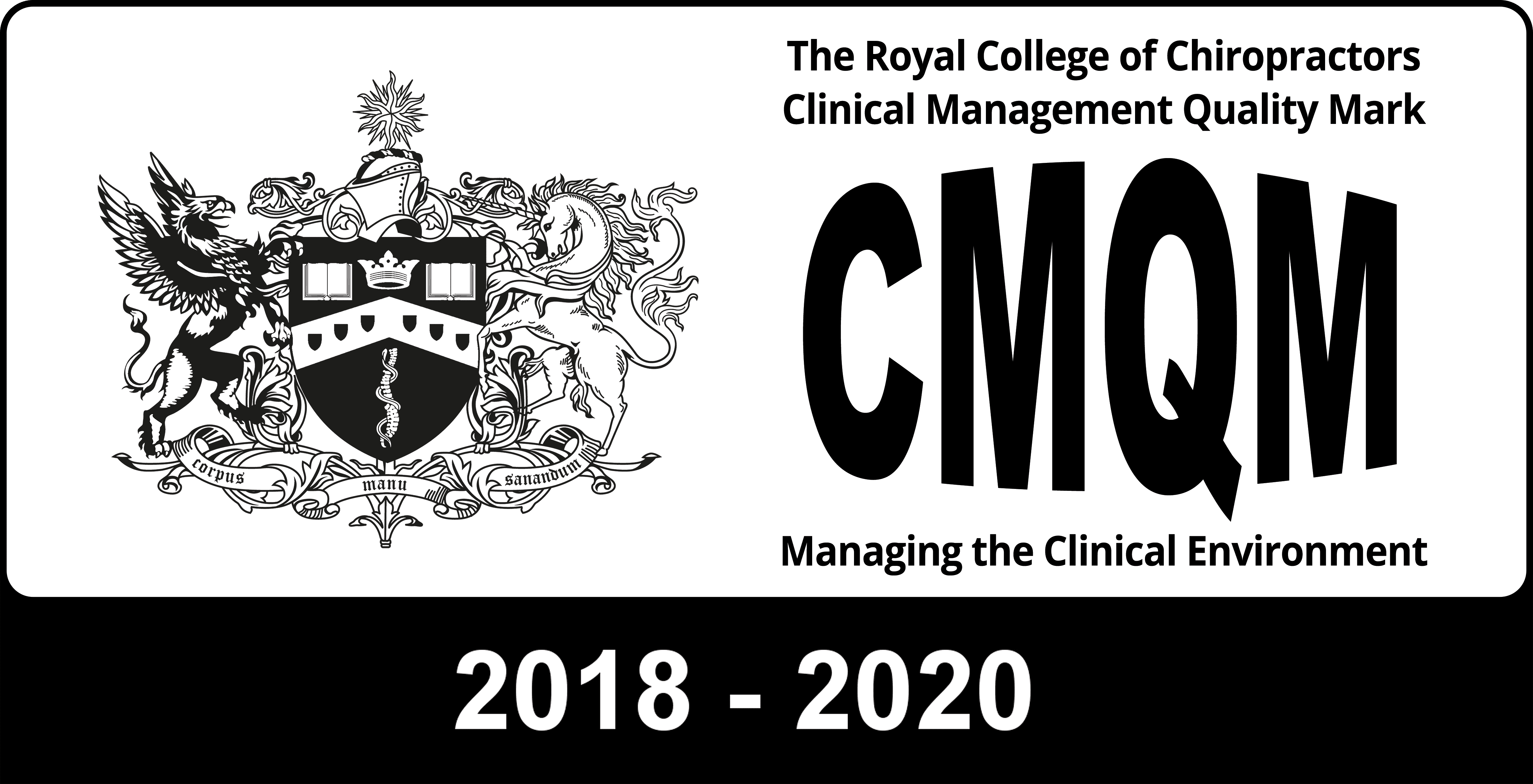By Physiotherapist Tracey DiMatteo
 When you are suffering muscular or joint pain, it can be difficult to decide which type of pain relief may help your condition.
When you are suffering muscular or joint pain, it can be difficult to decide which type of pain relief may help your condition.
Medication can be useful to manage pain, but what should you take?
There is a wealth of information on the internet, but this can be confusing. NHS Choices is a good place to start. Specific advice can be sought from your local pharmacist or GP, who can discuss and advise you on appropriate medication for your condition.
There are also alternative methods of pain relief you may like to consider:
Cold therapy
Cold therapy is especially good for joints or muscles that are hot and swollen.
Cold therapy includes homemade ice packs (bag of frozen peas can do the trick), cold gels and sprays applied to the local area. They can reduce pain, swelling and muscle spasm.
Depending on the level of pain, cold therapy can be applied up to every two hours for 20 minutes maximum. If using a topical cold therapy always read the instructions for use regarding frequency of application.
Heat therapy
Heat therapy helps relax muscle spasm and thereby relieve pain. This may include hot water bottles, heat rubs and sprays of patches.
Caution with cold and heat therapy:
- Keep applications to 20 minutes maximum
- Do not apply to areas with poor circulation, numbness or broken skin
- Keep an eye on the skin and remove if the skin becomes bright red, blotchy or blistered
- Be careful with both hot and cold treatments as they may damage your skin – wrapping the treatment with something light like a tea-towel may help.
Other therapies to consider:
- E. N. S (Trans -Cutaneous Electrical Neural Stimulation) – this is a technique that uses small pulses of electricity that produce a tingling sensation to disrupt or reduce pain signals
- Relaxation techniques, especially with deep breathing can help reduce pain
- Gentle Exercise – keeping active where possible can help block pain signals. Walking and swimming may help
- Massage can help relieve muscle spasm and tension to give pain relief
- Acupuncture has been proven to offer good pain relief
- Manual therapy. Physiotherapy, chiropractic and other manual therapies can be helpful to treat pain using manipulation, massage, exercise and various manual techniques
- Try doing something you enjoy to take your mind off the pain, e.g reading, chatting to friends
- Get enough sleep
- If using medication, ensure you take your last dose before bed to help you sleep. If sleep problems persist, make sure you speak to your GP
- If pain persists – then the most important thing is to seek professional help.
If you are in pain and would like to talk to any of our practitioners, please call reception 020 8943 2424 and our reception team will arrange a telephone call for you.

Tracey DiMatteo Physiotherapist Waldegrave Clinic

